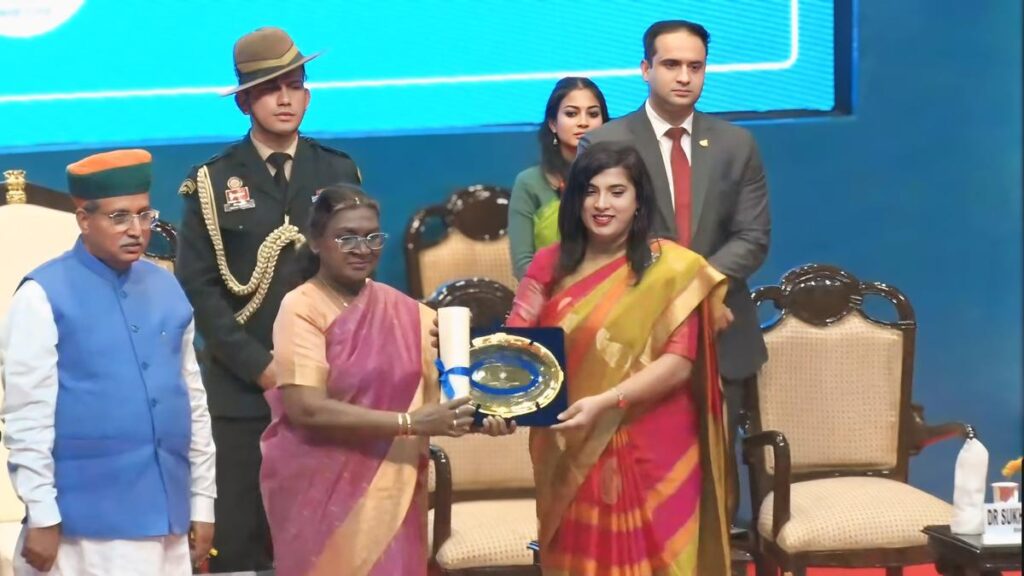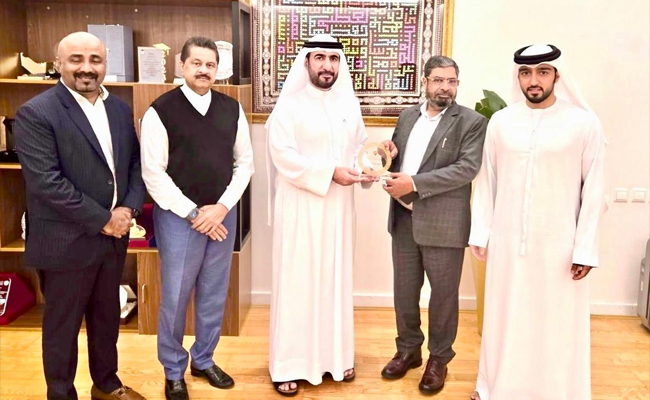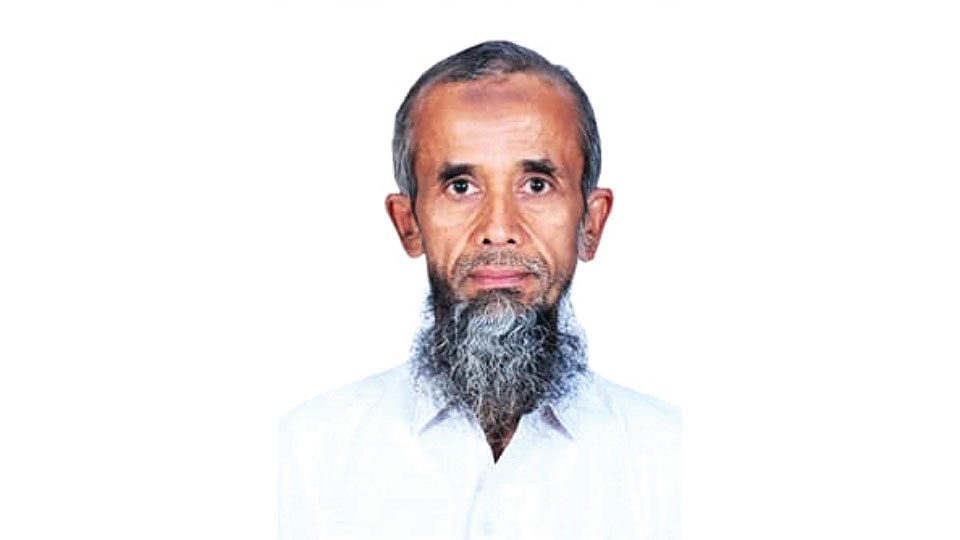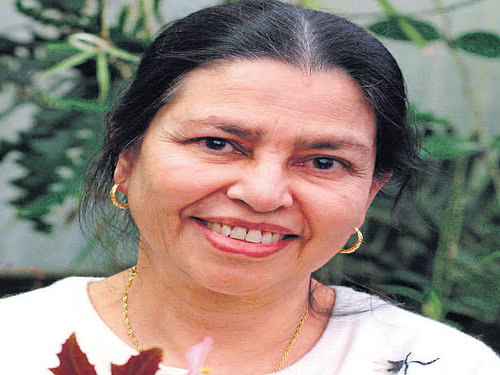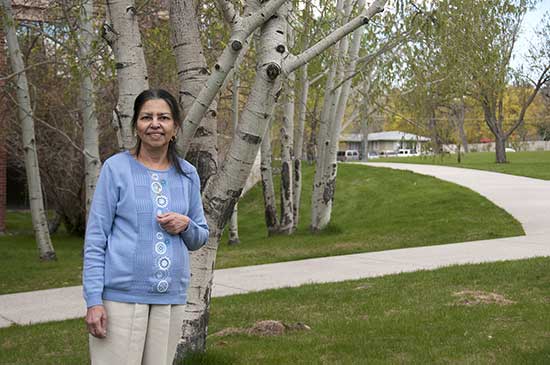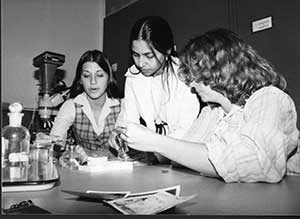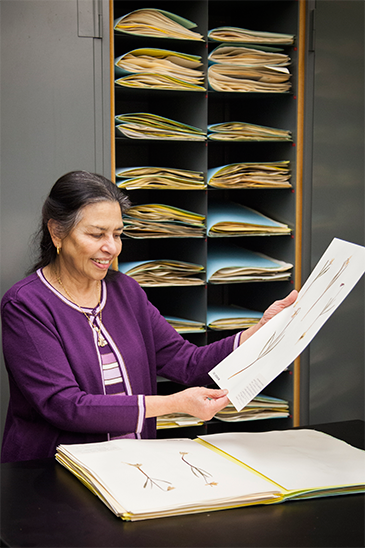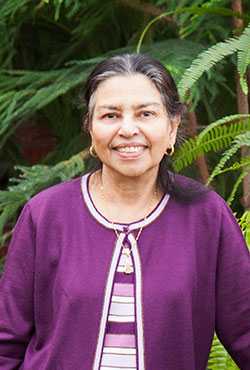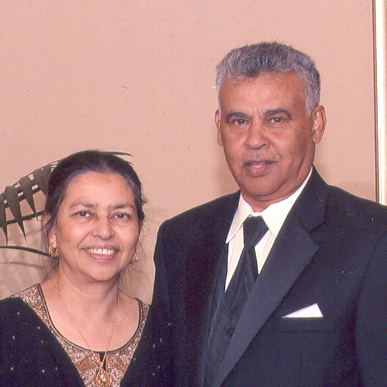KARNATAKA :
“It is a massive achievement as the four awardees in South Western Railway had to compete with a 37,000-strong railway workforce in the Zone,” said Bengaluru Divisional Railway Manager A K Verma
Geeta Mohapatra and K Puja
Bengaluru :
Six railway employees in Karnataka have been selected to receive the 65th annual Railway National Award from the Railway Ministry, a much coveted honour billed as a ‘once-in-a-lifetime’ opportunity. They are part of the 139 awardees across the country for the financial year ending March 2020.
Their names were belatedly announced on November 5 due to the COVID crisis and the ceremony in which Railway Minister Piyush Goyal will present the awards is likely to be a virtual one. Three of them, including two women employees, were chosen for their outstanding performance in the Bengaluru Railway Division. Another official belongs to the Central Railway Workshop in Mysuru while two work at Yelahanka’s Rail Wheel Factory of Indian Railways.
According to Bengaluru Divisional Railway Manager A K Verma, “This is the highest recognition any railway employee can get in their career. It is a massive achievement as the four awardees in South Western Railway had to compete with a 37,000-strong railway workforce in the Zone.”
The two women officers have been pioneers in their fields in the Bengaluru Division. Senior Divisional Operations Manager, Geeta Mohapatra, who has recently moved over to the Railway Recruitment Board as Member Secretary, is the the only woman to have taken over the helm of train operations in the choked rail network of Bengaluru.
Delighted to be recognised, Mohapatra told The New Indian Express, “We do not work for awards but it feels really good to be recognised. Makes you feel very confident about your work.” During her tenure here, she was instrumental in speeding up trains, maintaining punctuality of Passenger, Mail and Express trains. The commencement of the Baiyappanahalli new coaching terminal, opening of two freight terminals and despatch of cars of KIA Motors from Penukonda to North India, which have boosted the revenue of the division, figure among her achievements.
K Puja is the Senior Divisional Electrical Engineer in the division. She was the first woman to join as a Junior Electrical Engineer in the division in 2009 and has moved up the ranks. The division was the first in the country to meet the target fixed by the Railway Board for installation of escalators at railway stations and she headed the team which installed six of them. “It feels great. This is once-in-a-lifetime recognition at the highest level. I have had a very smooth career as my bosses were very supportive throughout,” she said.
K Asif Hafeez
Senior Divisional Personnel Manager, K Asif Hafeez, who was instrumental in computerising the Railway exams taken up by staffers for promotions that nearly 2,000 employees take write annually, and E Ashwathappa, Chief Depot Materials Superintendent, Central Railway Workshop at Ashokapuram in Mysuru are other SWR winners.
E Aswathappa
The awardees from Yelahanka’s RWF are C Prabhakar, Senior Section Engineer, and G Venkatesh, Deputy Chief Mechanical Engineer, Planning, who was awarded for his performance in his previous job as professor at Indian Railway Institute of Mechanical and Electrical Engineering in Jamalpur.
source: http://www.newindianexpress.com / The New Indian Express / Home> Good News / by S Lalitha / November 07th, 2020

